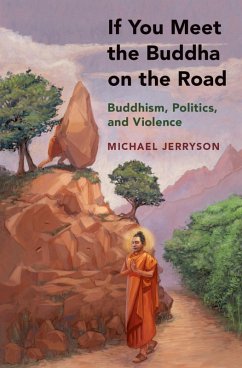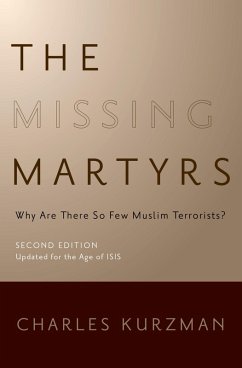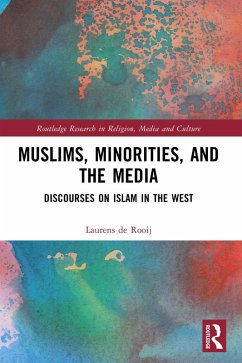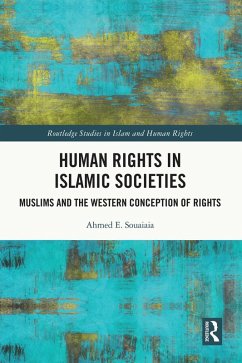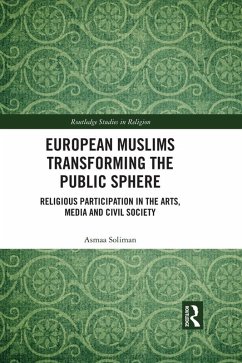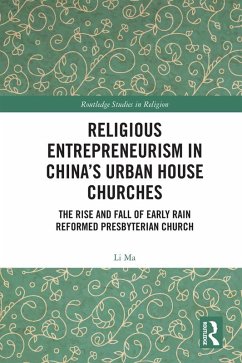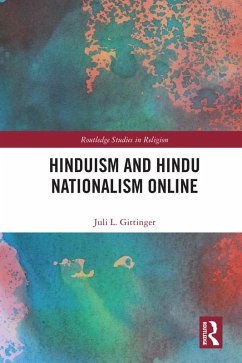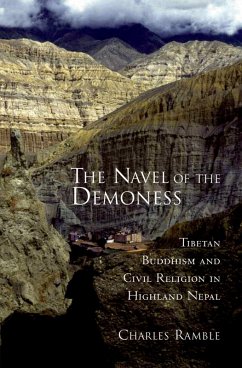
If You Meet the Buddha on the Road (eBook, PDF)
Buddhism, Politics, and Violence
Versandkostenfrei!
Sofort per Download lieferbar
55,95 €
inkl. MwSt.
Weitere Ausgaben:

PAYBACK Punkte
28 °P sammeln!
It is said that the famous ninth century Chinese Buddhist monk Linji Yixuan told his disciples, "If you meet the Buddha on the road, kill him." The deliberately confounding statement is meant to shock people out of complacent ways of thinking. But beyond the purposeful jolt from complacency there is another intention. This axiom suggests that, for liberation, one should seek the Buddha nature that resides within, rather than a mere Buddha exterior. The metaphor of killing the Buddha dislodges a person from the illusion that enlightenment lies outside the body. The proclamation also highlights ...
It is said that the famous ninth century Chinese Buddhist monk Linji Yixuan told his disciples, "If you meet the Buddha on the road, kill him." The deliberately confounding statement is meant to shock people out of complacent ways of thinking. But beyond the purposeful jolt from complacency there is another intention. This axiom suggests that, for liberation, one should seek the Buddha nature that resides within, rather than a mere Buddha exterior. The metaphor of killing the Buddha dislodges a person from the illusion that enlightenment lies outside the body. The proclamation also highlights the power of violence, even on a symbolic level. Violence abounds in Buddhist thoughts, doctrine, and actions, however unacknowledged or misunderstood. If You Meet the Buddha on the Road addresses an important absence in the study of religion and violence: the religious treatment of violence. In order to pursue an understanding of the relationship between Buddhism and violence, it is important to first consider how Buddhist scriptures and followers understand violence. Drawing on Buddhist treatments of violence, Michael Jerryson explores the ways in which Buddhists invoke, support, or justify war, conflict, state violence, and gender discrimination. In addition, the book examines the ways in which Buddhists address violence as military chaplains, cope with violence in a conflict zone, and serve as witnesses of blasphemy to Buddhist doctrine and Buddha images.
Dieser Download kann aus rechtlichen Gründen nur mit Rechnungsadresse in A, B, BG, CY, CZ, D, DK, EW, E, FIN, F, GR, HR, H, IRL, I, LT, L, LR, M, NL, PL, P, R, S, SLO, SK ausgeliefert werden.




